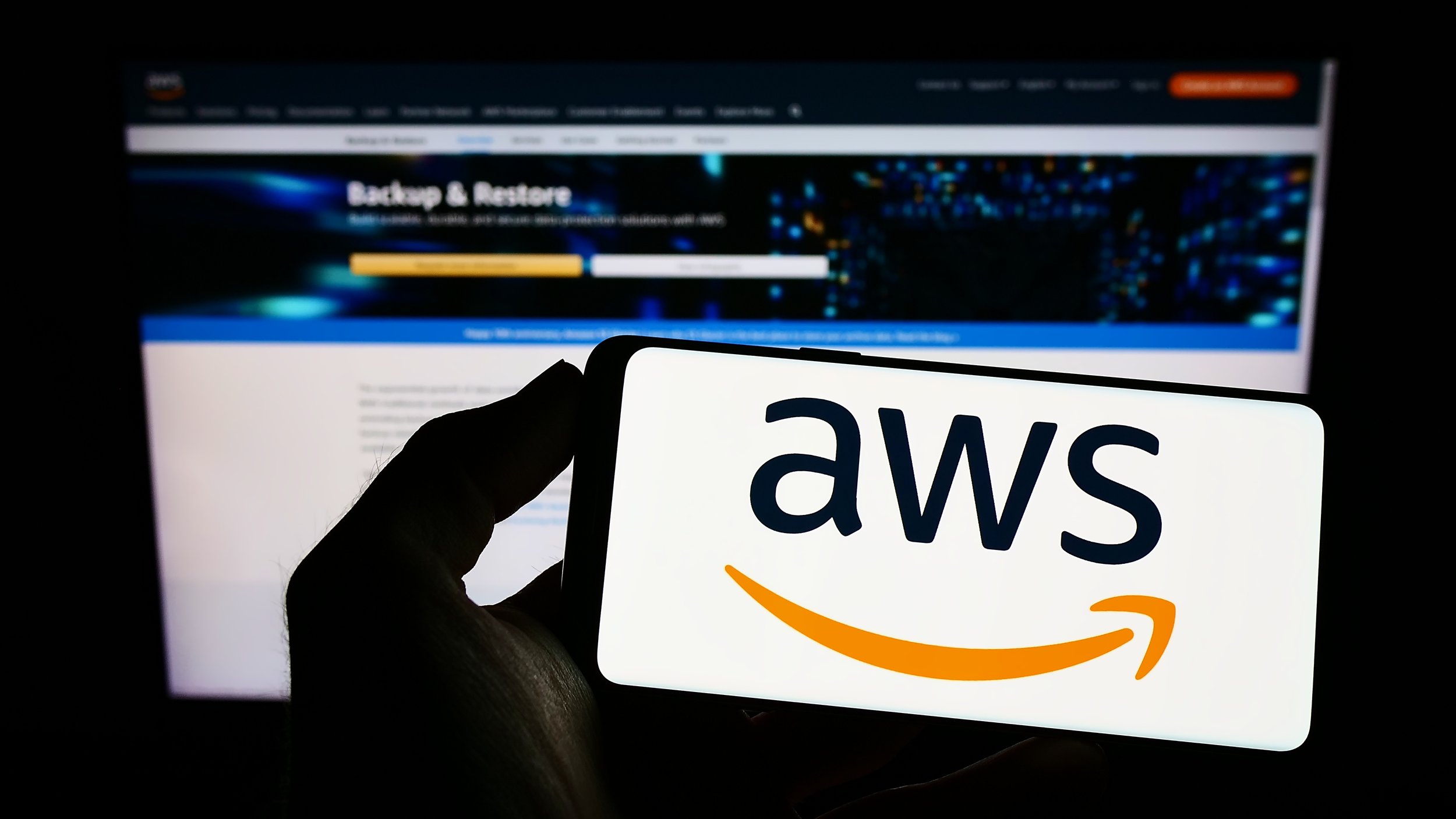
It’s becoming increasingly common for teams to upskill themselves into “baseline cloud fluency”.
-
You can have a few colleagues who excel at one kind of cloud operation, but if the rest of the team can’t speak their language, nothing gets done.
-
My goal is to faithfully implement Cloud in the world. So I’m leveraging my own mistakes and learning curve to target that baseline Cloud fluency. At least to be in the ballpark; so next time someone mentions AWS SQS, you won’t be left scratching your noggin 🤔
-
I’ll cover some of the core concepts that you’ll find in a modern Cloud Stack
-
By no means is this an exhaustive list (far from it…)
But while you won’t need to be an expert at everything, it helps to at least speak the same language.
This is by no means an exhaustive list, or a particularly in-depth one, barely cracking underneath the tip of the S3 Glacier. But at least, it’ll help somewhat to separate fact from fiction, as well as understanding some Cloud puns. Not to be taken seriously, as life itself ought to be.

What technology has the biggest impact on the world?

Relational Database Service (RDS)
Amazon Relational Database Service (Amazon RDS) is a collection of managed services that makes it simple to set up, operate, and scale databases in the cloud
![Identity & Access Management [IAM]](https://images.squarespace-cdn.com/content/v1/634d82000fadad20cc22ae40/1666271539426-LRNGQOEW4I7ZK2OGD62A/unsplash-image-53d-jja8Owo.jpg)
Identity & Access Management [IAM]
IAM helps you securely control access to AWS resources. You use IAM to control who is authenticated (signed in) and authorized (has permissions) to use resources.

Elastic Load Balancing
A load balancer serves as the single point of contact for clients. It distributes incoming application traffic across multiple targets, such as EC2 instances, in multiple Availability Zones, in turn increasing the availability of your application.

AWS Lambda
AWS Lambda is a serverless compute service that runs your code in response to events and automatically manages the underlying compute resources for you

Availability Zones
Availability Zones are distinct locations within an AWS Region that are engineered to be isolated from failures in other Availability Zones. They provide inexpensive, low-latency network connectivity to other Availability Zones in the same AWS Region. Important. Each region is completely independent

Simple Queue Service (SQS)
Amazon SQS is a message queue service used by distributed applications to exchange messages through a polling model, and can be used to decouple sending and receiving components
![DNS [Route 53]](https://images.squarespace-cdn.com/content/v1/634d82000fadad20cc22ae40/1666269040439-2G5FCI5UBZVBMRTP75GQ/unsplash-image-1lfI7wkGWZ4.jpg)
DNS [Route 53]
DNS servers respond to queries on port 53 and provide answers that route end users to your applications on the Internet

Auto-Scaling
Auto Scaling lets you build scaling plans that automate how groups of different resources respond to changes in demand

Subnets
A subnet is a range of IP addresses in your VPC. You can attach AWS resources, such as EC2 instances and RDS DB instances, to subnets. You can create subnets to group instances together according to your security and operational needs.

Amazon VPC
Amazon Virtual Private Cloud (Amazon VPC) enables you to launch AWS resources into a virtual network that you've defined. This virtual network closely resembles a traditional network that you'd operate in your own data center, with the benefits of using the scalable infrastructure of AWS.

Amazon Ec2
Amazon Elastic Compute Cloud (EC2) is the Amazon Web Service you use to create and run virtual machines in the cloud (we call these virtual machines 'instances')

Amazon EBS & Snapshot
Snapshots are a point-in-time copy of your block data,. Useful in disaster recovery, cross-account/region migrations and backup compliance

The reason why Cloud is the new, ousting the old
It all begins with an idea.

Common Cloud Storage Types
It all begins with an idea.

